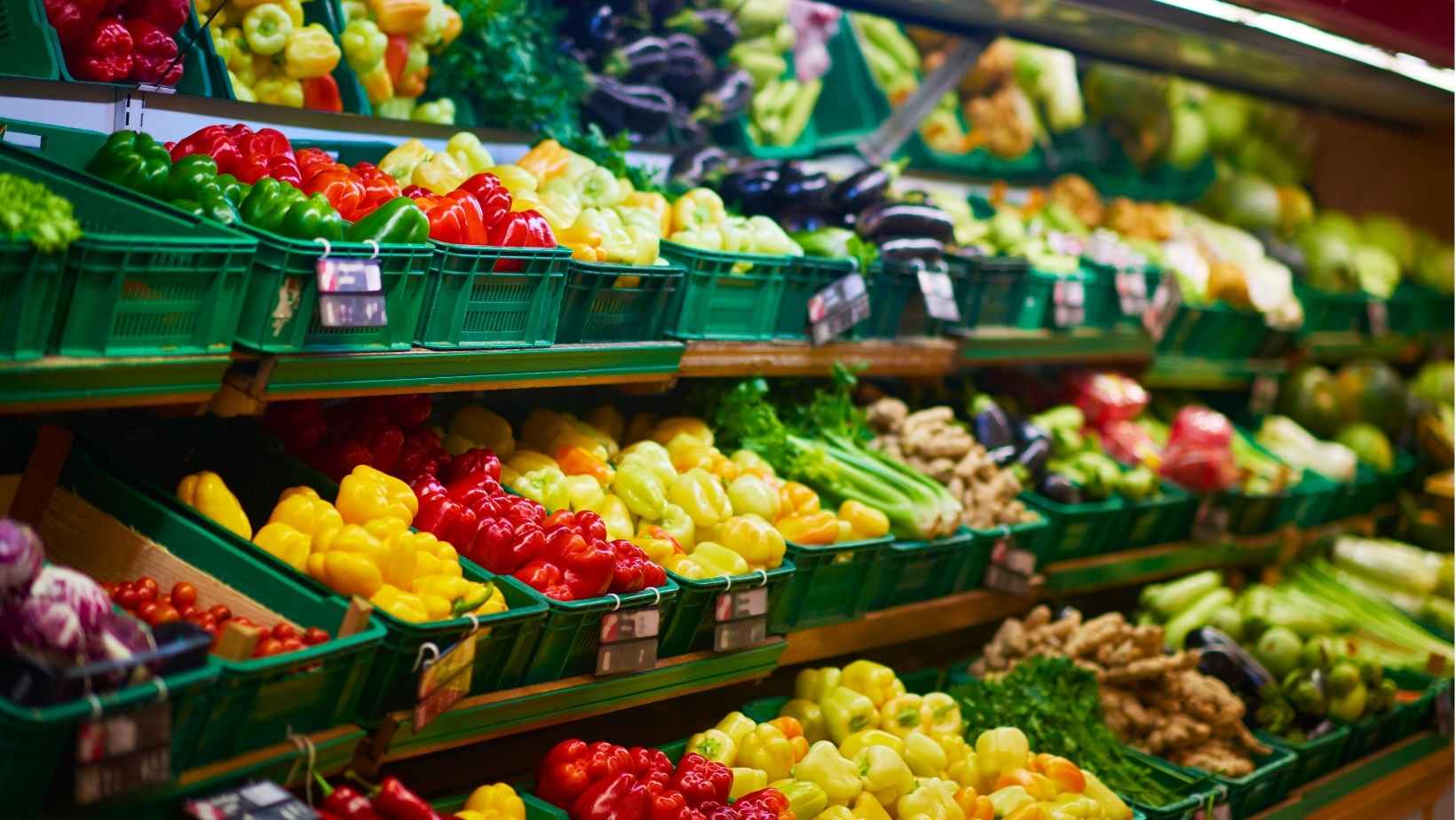Food Prices in Czechia Fall Most Rapidly in EU
Prague Morning

In June, the Czech Republic experienced the largest annual drop in food prices across the European Union, with a notable 4.8% decrease.
Hungary, which came in second, recorded a reduction of just over two percent. However, data from the Czech Statistical Office suggests this trend may not last. Future food price reductions will largely depend on harvest outcomes, with the extent of decreases expected to diminish.
Dominik Rusinko, an analyst at ČSOB, highlighted that the Czech Republic continues to lead in food price reductions, contributing to an unexpected decline in overall inflation.
“Food prices only decreased in five EU countries, with an average increase of 1.3% year-over-year across the EU,” Rusinko explained. This sharp decrease in food prices has played a significant role in reducing the nation’s overall inflation rate.
Despite agricultural producer prices being down 7.5% year-over-year in June, there was a 1.9% month-over-month increase. For example, fresh vegetable prices rose by 13.3% compared to May, poultry by 3.5%, and pork by 0.3%. Egg prices fell by 4.5%. These mixed signals suggest that the positive trend in food prices may not persist.
“In the second half of the year, the deflationary impact of food prices on overall consumer inflation will gradually fade, leading us to expect a slight increase in inflation to around three percent by year’s end,” Rusinko said. The month-over-month inflation rate in June was two percent.
According to Petr Dufek, Chief Economist at Creditas, the development of food prices will depend on the harvest.
“If it is favorable, fears of food prices will probably prove false,” he said. However, problems could arise with fruit, which will not be in abundance this year due to the weather.
Would you like us to write about your business? Find out more
-
NEWSLETTER
Subscribe for our daily news









